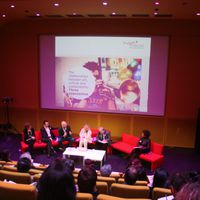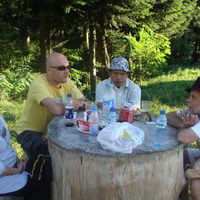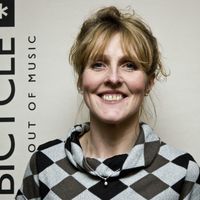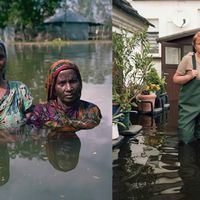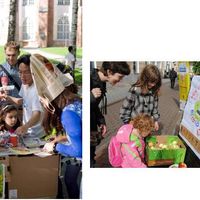Unleashing the creative power of science
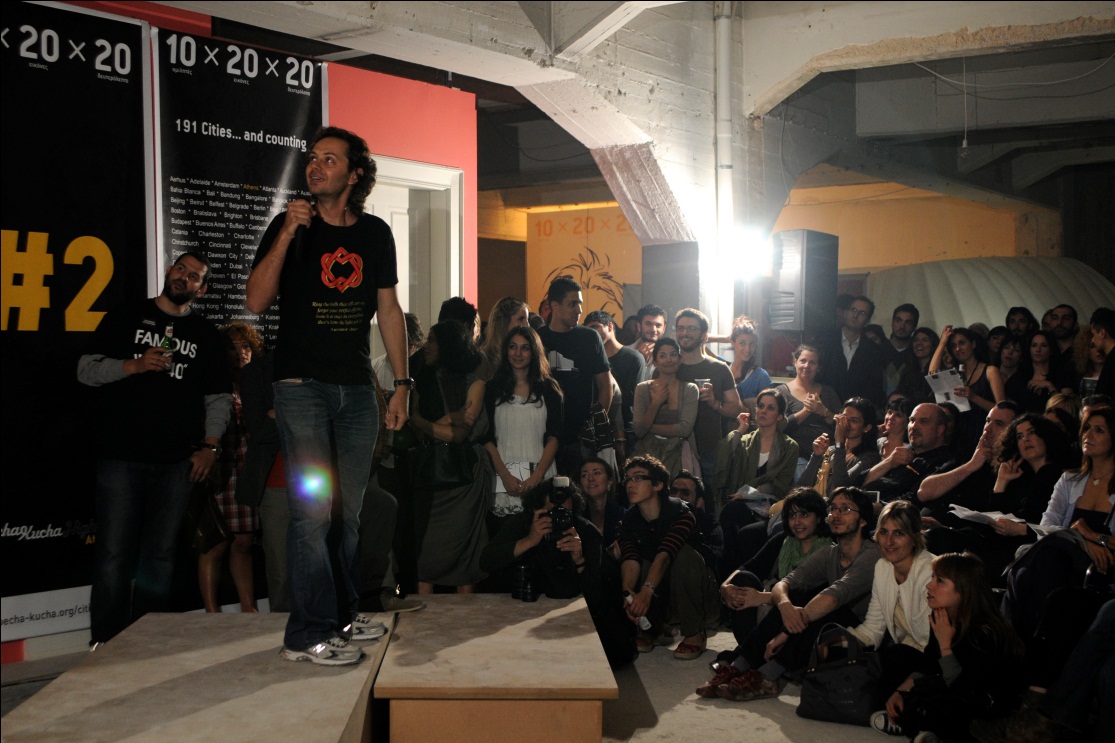 [caption id="attachment_14773" align="aligncenter" width="571" caption="ASEF alumnus Dr Theodore Anagnostopoulos presenting his work"]
[caption id="attachment_14773" align="aligncenter" width="571" caption="ASEF alumnus Dr Theodore Anagnostopoulos presenting his work"]Genetic scientist Dr Theodore Anagnostopoulos is no stranger to using creative and artistic approaches to communicate messages of sustainable solutions in response to global environmental challenges. Besides creating and staging plays on scientific topics for young audiences, he also undertook journeys to record the use of renewable energy which he presented through exhibitions and festivals.
Theodore has a Masters in Human Reproductive Biology from Imperial College (UK) and a PhD in Medical Genetics from Kings College London (UK). But he says the basis in arts and science is very similar and that is research and experimentation. He says that the arts have been used as a means for communication, including of scientific issues, for a long time and combining the two was only natural.
He adds, “I believe that the arts are amongst the major ways that dialogues and awareness regarding environmental issues can be achieved. This is because the arts create and touch emotions. If you add to these, the rational [arguments] coming from environmental scientific facts then you have a very strong tool.”
As the co-founder of SciCo, a non-governmental organisation (NGO), Theodore has produced, co-written and acted in a number of theatrical shows for young students in Greece in order to communicate scientific and environmental issues in a clear yet clever and entertaining way.
“The reception towards our shows was fantastic. Conveying complex scientific issues via innovative and entertaining artistic methods is something that young people love. Assessment of youths’ scientific knowledge after attending our shows indicated a very high understanding of the concepts that we are trying to teach.”
Theodore also co-founded Green Project, which promotes renewable energy sources, and techniques and technologies that help reduce energy use. It conducts "energy tourism" in order to artistically and scientifically record on site points of "green" interest, places that use renewable energy or energy saving technologies. The material is then presented through art exhibitions, film festivals and publications.
Theodore undertook two, six-week long road trips to film renewable energy sources and bioclimatic architectural designs for Green Project. The trips took him from Athens, Greece, where he is based, to Beijing, China and to Cape Town, South Africa. On these journeys, he observed several interesting differences in perceptions and practices between Asia and Europe regarding renewable energy.
“It was interesting to see that the former Soviet Union countries were ahead of the European countries regarding the use of renewable energy sources such as hydroelectric plants. The same applied for the Asian part of Turkey. This was due to the lack of means for transporting coal in the past; hence, they had to look for alternative energy sources. Regarding bioclimatic architectural designs, I think that the rule both in Asia and Europe was: the more developed a place, the more energy demanding the buildings were. It was mainly older villages where the houses were built almost exclusively in a bioclimatic manner using mud, wood and stone from their local surroundings.”
As a result of his work in this field, Theodore was invited to participate in a capacity-building workshop as part of the programme Connect2Culture. Organised by the Asia-Europe Foundation (ASEF), the programme links arts and culture to environmental issues. The workshop, Climate Leaders: Release Your Creative Powers, was held in Thailand in 2009. It brought together 30 young leaders to develop creative climate change solutions for their local communities.
Of his experience he says, “[it was] truly inspiring! Not only did I learn so much new stuff regarding team building, communication and sustainability, but also a strong network of climate leaders was created and several collaborations were established.”
Theodore is now preparing for his participation in the ASEF-supported roundtable, A Climate for Change, part of the World Summit on Arts and Culture, which takes place in Melbourne, Australia, on 4 October 2011. He is also planning an interactive theatrical show on environmental science, another “green journey” around Europe using electric cars in 2012 and a TV show on science communication.

